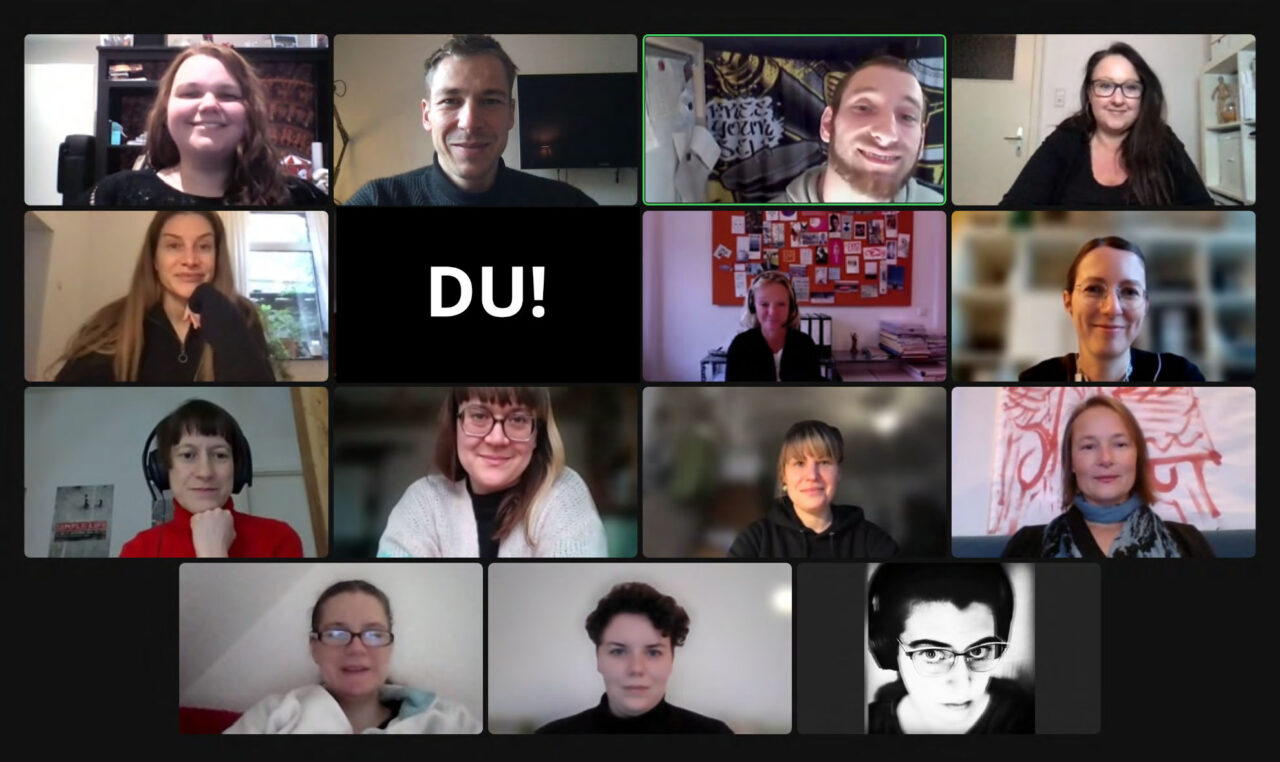About us

“Nothing about us without us” has yet to become standard practice, either in society or in the independent performing arts.
This is why the Inklusive Netzwerk Kultur was created in 2019 (out of what was previously the “Netzwerk nichtbehinderter und behinderter Tanz- und Theaterschaffender” – the network of non-disabled and disabled dance and theatre practitioners), in order to break down barriers and to give disabled artists and cultural workers a constant presence within the cultural scene. Work within the network was also intended to improve the (cultural) political and social visibility of people with disabilities in the arts and culture. We are a diffuse, heterogeneous group in which representatives of institutions, freelance artists, culture and theatre-makers with disabilities and other contributors exchange ideas and views. Our aim is to bring experts on the issue of inclusion and culture together with those who are looking for people with such expertise, so that “Nothing about us without us” becomes standard practice.
The network is an autonomous forum. We view the network explicitly as a place of self-empowerment, which is why we also submit our own practice to continuous critical scrutiny. We are constantly asking ourselves how we can justly accommodate the most diverse needs in terms of differing experiences of time, capacities for work and requirements for communication. All online meetings are conducted with simultaneous translation into German Sign Language.
It is important for all participants to be able to engage in a fair, fundamentally democratic exchange as equals, irrespective of position, education or disability. In order to ensure that everyone interested may participate and to acknowledge their expertise, all freelance participants in the online meetings are currently paid a fee.
In practical terms, our online meetings operate roughly like this: between 14 and 20 people in different combinations come together for 90 minutes approximately once a month, with a rotating chair taken from amongst the participants or from one of; the freelance cultural educator Roisin Keßler, the activist Pierre Zinke and Maximilian Zahn from the Mousonturm in Frankfurt. Each meeting begins with a brief warm-up.
During these get-togethers, we discuss questions of organisation and co-ordination. However, network members are also able to propose subjects spontaneously. During the course of a meeting, the group will often be divided into four working groups. These address the issues of voluntary obligations (how work is done and how work should be done within the network), expertise (which kinds of expertise are available within the network and how these can be passed on), representation (how can we represent our interests in the arena of cultural policy) and artists with disabilities (exchanging experiences of best and worst practice).
Because we are committed to the principle of a “disabled lead”, there is also a steering group. This panel consists almost entirely of people with disabilities. The steering group solicits feedback from other experts and works to ensure that the network operates in a way that is as accessible as possible. It also defines long- and medium-term aims and launches smaller initiatives within the network.